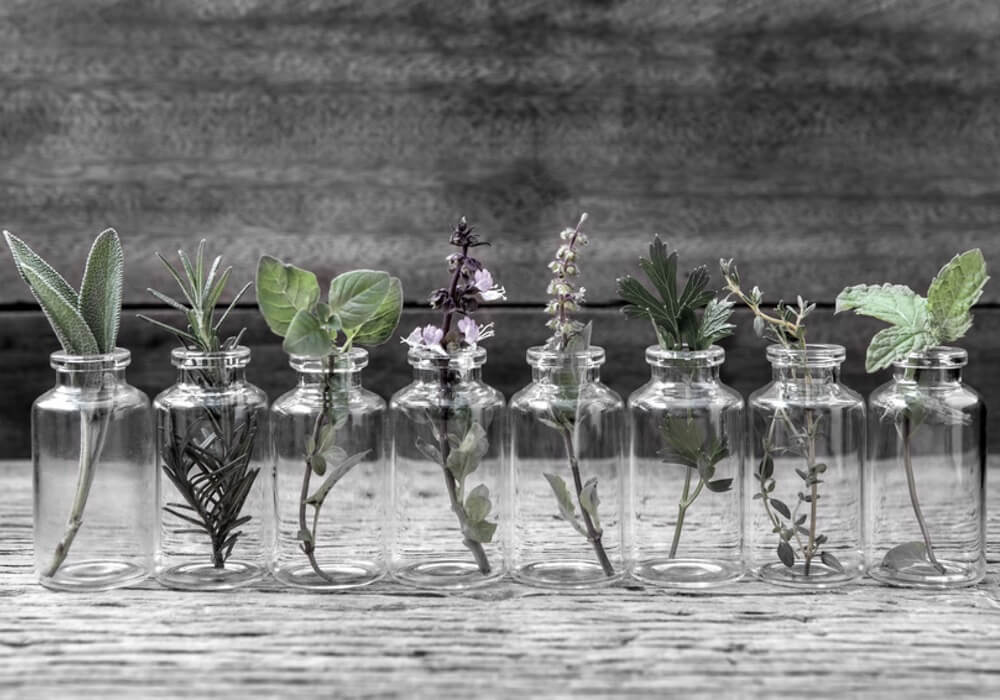A scent says more than 1,000 words - because smells form an important basis of communication. Animals and plants communicate largely in this original way: plants drive away pests with essential oils and attract pollinating insects with pheromones - many animals also rely on the latter to woo a reproductive partner. And even in our modern times, "scent communication" still plays an important role.
Smells are directly linked to emotions
Smelling was and is immensely important for our lives. Even at fertilisation, the sperm finds the egg cell only by means of a scent trail, which, by the way, smells irresistibly like lily of the valley. The human sense of smell is just as clever, but far more complex. It has a particularly fast and direct connection to the brain. In particular to the limbic system, which primarily controls unconscious actions and serves to process feelings. This olfactory memory allows us to remember exactly what it smelled like in grandma's kitchen at Christmas - or on our first holiday in the alpine pastures - even decades later. If pleasant feelings are associated with a certain smell, we can trigger a feeling of well-being again through the targeted use of this scent.
The ingredients of essential oils also have positive effects on various areas and functions in our body: Germs in the respiratory tract are eliminated and we can breathe more freely, stress hormones are reduced and our nervous system calms down, tension is relieved, pain and inflammation decrease ... Over the centuries, we have discovered and further refined various techniques to extract and use the scent-giving essential oils of plants.
What are essential oils?
In short, essential oils are volatile liquids that are fragrant. They are mostly found in flowers, seeds, fruit peels and resin of plants. The simplest method of extracting the fragrances from the plant is to smoke the dried source material. So "per fumum" - through the smoke. This is where the modern term "perfume" comes from. For a longer, purer fragrance experience, the oil must be separated from the plant and stored for later use. Relatively simple is the cold pressing of the peels, which can be used for citrus oils: Here, the essential oil is separated from the liquid produced during pressing by centrifuging.
The most common process, however, is distillation using steam:Hot steam passed over the crushed starting material drives the essential oil out of the plant. The oil-water mixture then condenses in a cooled tube, and the water and oil are collected in separate containers.
About the quality of essential oils
Essential oils that come exclusively from plants may be labelled with the terms "natural" or "natural". This is significant because essential oils can also be "recreated" in the laboratory. Then we speak of "nature-identical" or "artificial" essential oils - which usually have imaginative names such as "baked apple" or "vanilla crescent" and are correspondingly cheap to buy. Since up to five tonnes of hand-picked blossoms are needed for one litre of genuine rose oil, the quality here can also be recognised by the price. Only a purely plant-based origin guarantees the complete abundance and interplay of the natural properties of the oils - which are far from being researched in all their complexity. It is worthwhile not to compromise on quality and to pay attention to the natural origin of the substances and their gentle processing. After all, these substances get into our respiratory tract and onto our skin.
Speaking of skin:All active substances that we apply to our external protective organ - such as cosmetics or massage oils - and whose particles are small enough, get directly into our bloodstream within 15 minutes.







